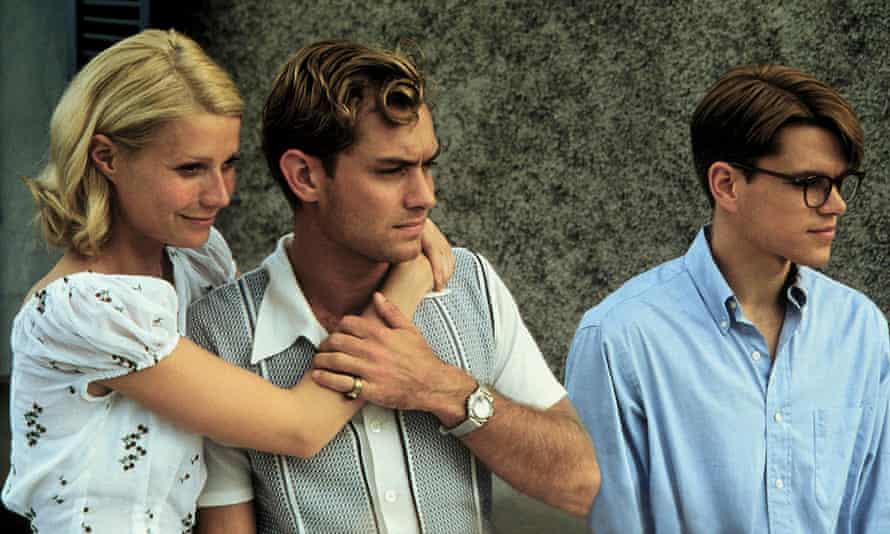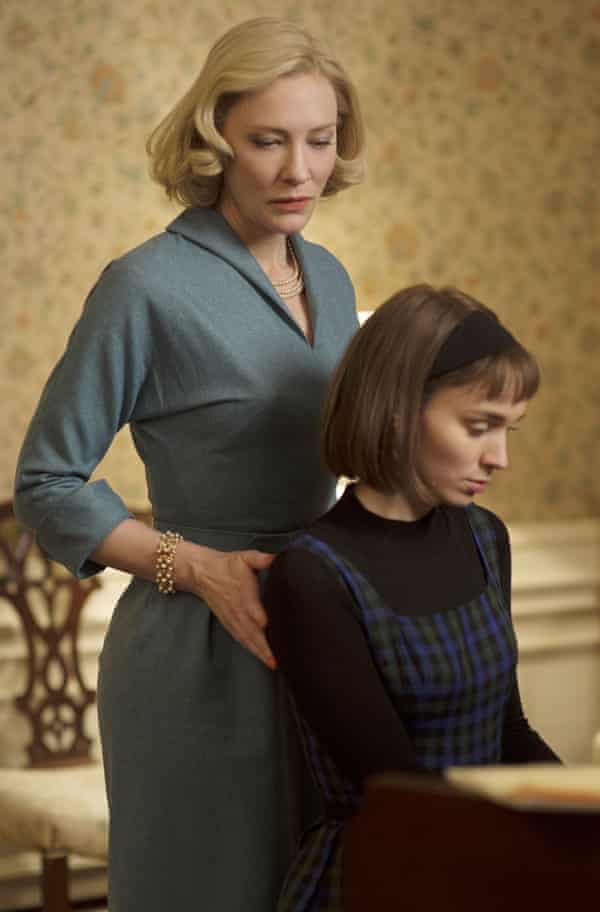 |
| Hater … and lover, the American writer Patricia Highsmith. |
Patricia Highsmith: the ‘Jew-hater’ who took Jewish women as lovers
A biography of the author by Richard Bradford explores the paradox at the heart of her life
Richard Brooks
Sunday 17 January 2021
She espoused vile antisemitic views, telling people she was a “Jew hater” and calling the deaths of six million Jews “the semicaust” because she was disappointed more had not been murdered in the camps.
Yet Patricia Highsmith, born 100 years ago on 19 January, conducted three of her most significant affairs with Jewish women. Two, the American Ellen Blumenthal Hill and French-born Marion Aboudaram, were the most passionate and loving of the novelist’s life.
This seeming paradox is explored in a new biography of Highsmith, whose best known novels, Strangers on a Train, The Talented Mr Ripley and Carol, with its lesbian storyline, also became hit films.
“There is no evidence that Highsmith secretly hated these two women,” says Richard Bradford, professor of English at Ulster University, whose book is published on Thursday. “Indeed, certainly in the early years with Ellen, and then with Marion, there was a great deal of authentic mutual affection and love. It all contributes to the weird conundrum of Patricia Highsmith.”

Highsmith’s antisemitic views stem from the mid-1940s when she worked for a Jewish publisher. “She called him a ‘kike’ in her diaries and wrote that he had ‘Jewed’ her out of a decent wage,” says Bradford, who has been to the Highsmith archive in Switzerland, where she lived for her last few years. Many of her spiteful remarks about Jews were made to friends. She called the Holocaust “Holocaust Inc” in front of them, as if it were a successful industry that later benefited Jews.
She would cause outrage at dinner parties, telling guests at one “I’m sick of the Jews”, and later offending friends at her house in Switzerland, when after going into her kitchen for a few minutes she reappeared with a concentration camp number written in biro on her wrist. “Nearly all the guests immediately left,” says Bradford, whose previous biography subjects include George Orwell and Philip Larkin.
Using pseudonyms, Highsmith would also write regular letters expressing anti-Israeli sentiments to European and American papers when living in France and then Switzerland. This, Bradford points out, makes some sense, as she publicly supported the Palestinian cause.
Her affair with Hill, nee Blumenthal, began in 1950. Highsmith, drinking at a bar in Munich, made a beeline for her at a nearby table. “It became Highsmith’s most enduring love early on, but it was also very stormy,” says Bradford. Highsmith, admittedly early in their relationship, refers to Hill in her diary as: “The benevolence. The beautiful world. Darling, come to me in a silver dress.”

And yet, three years later, when living together in the US, Hill tried to kill herself with barbiturates. The sexually voracious novelist was never monogamous. “Highsmith, despite knowing Hill was distraught, simply walked out to go to sleep with another woman. It was only two days later that a friend told her about Hill’s suicide attempt,” says Bradford. They broke up in 1954 and yet continued a non-sexual friendship, with Hill visiting Highsmith in Europe.
Something similar happened after Highsmith’s year-long relationship with another Jewish woman, the American Daisy Winton, who had anglicised her last name. After they broke up, Winton, who had been a singer in a bar and was against type for Highsmith as she was not academic or highly educated, occasionally came to see her in France, helping with household chores. Highsmith even sent her impecunious former lover a cheque for $5,000 not long before the author died in 1995.
Her three-year affair with the artist Aboudaram began after she stalked Highsmith to her home in 1976. Highsmith dedicated her novel Edith’s Diary to her. “They shared a dark sense of humour,” says Bradford. “Highsmith also wrote in her diaries about how she was fascinated by Marion’s face and legs.”
Bradford says it’s puzzling tallying Highsmith’s antisemitism with her love for three Jewish women. Highsmith conversed with herself in one entry in her diary on Ellen being Jewish a month after her suicide attempt. She describes it “as hell being associated with the tight, sophisticated and brittle Jewish set”. She would also often question Aboudaram about how she and her mother, as Jews, escaped detention during the second world war in Paris. Years later, after their break-up, Aboudaram commented that the only country “to which Pat invited me was Germany!”. They did not go.
Devils, Lusts and Strange Desires: The Life of Patricia Highsmith also tells of her prejudices about black people. The book, published by Bloomsbury, of course examines Highsmith’s extremely successful career, and tells too of friendships with male writers such as Gore Vidal and Arthur Koestler, with whom she once even slept. “A double horror,” muses Bradford. “A Jew and a man!”
But the real name of one early lover is missing. In the 1960s, when Highsmith lived in England, she had an affair with a well-connected married Englishwoman, whom Bradford calls Caroline in the book and who later became a successful writer. Bradford will not, however, reveal her identity. A mystery worthy of a Highsmith thriller.
THE GUARDIAN

No comments:
Post a Comment